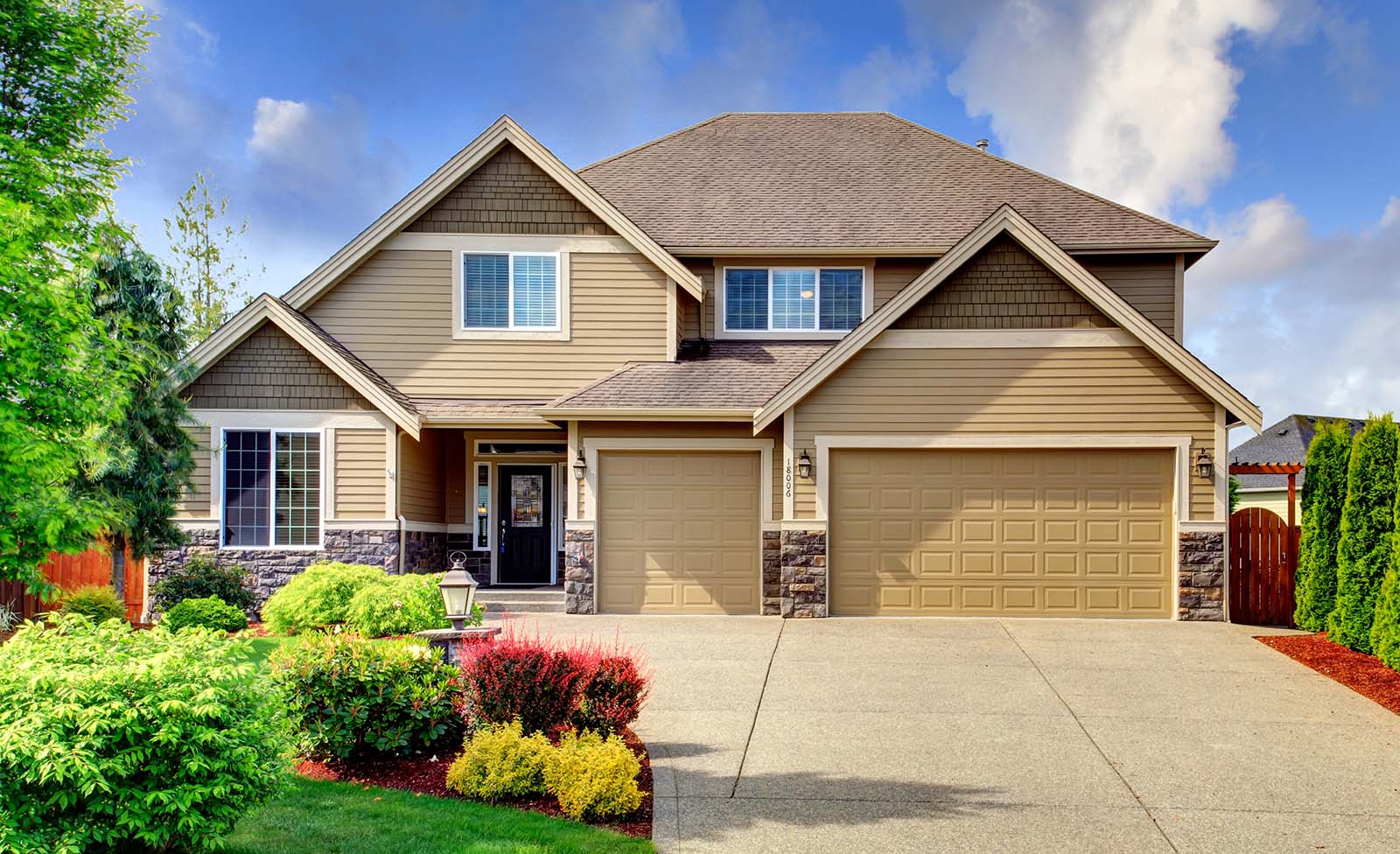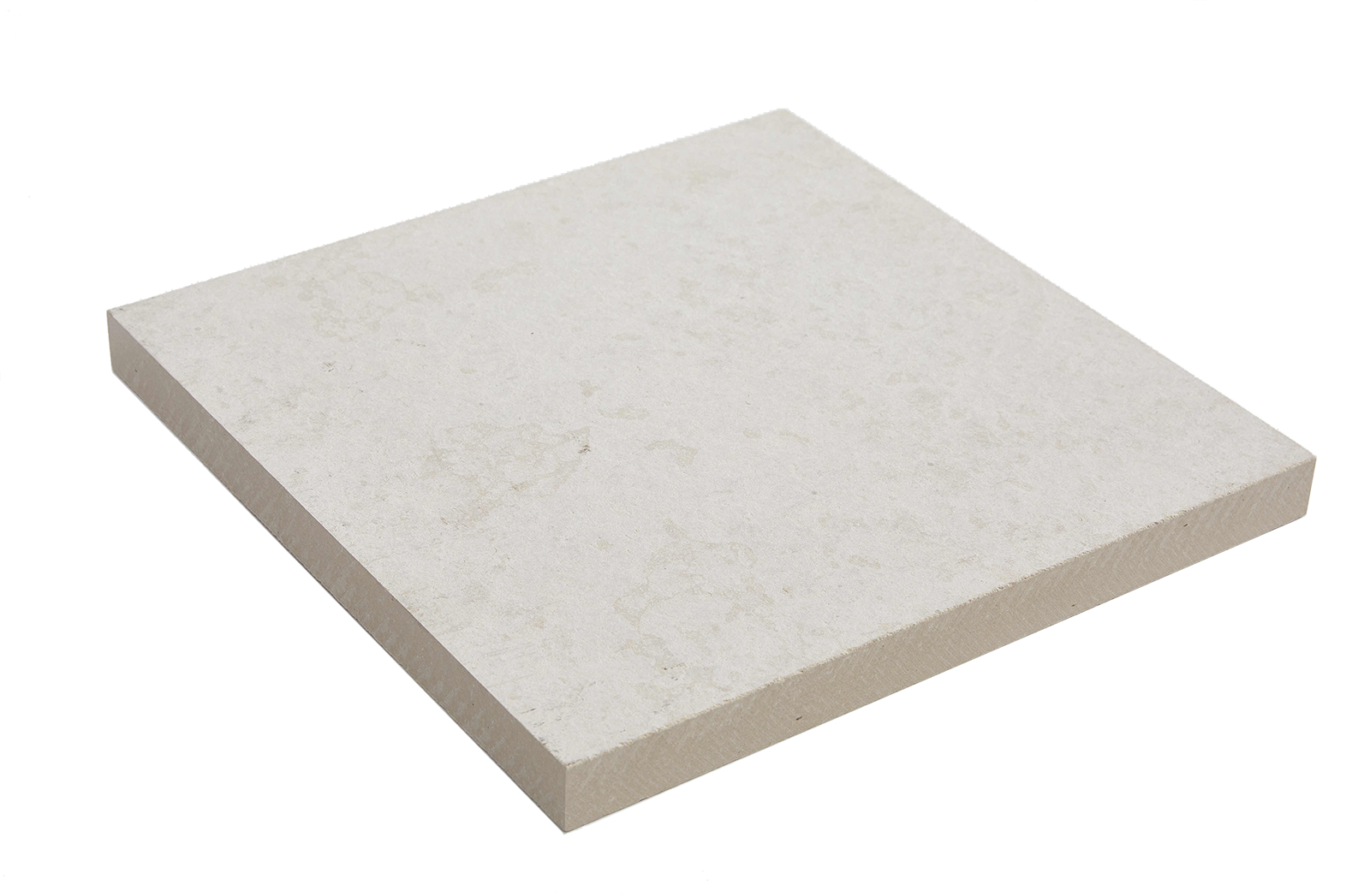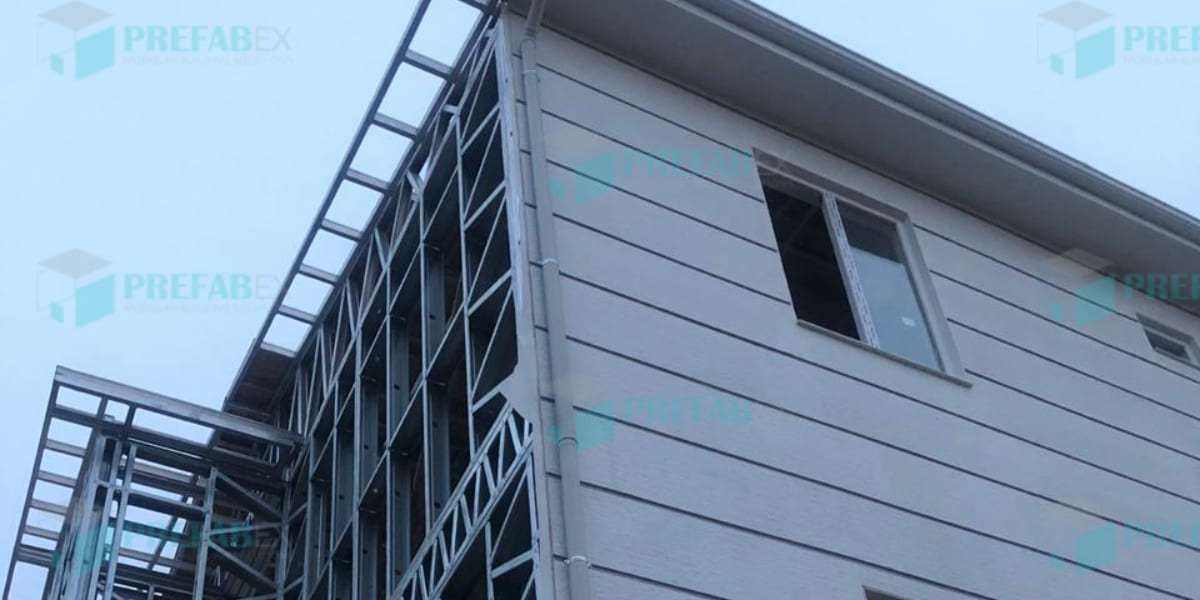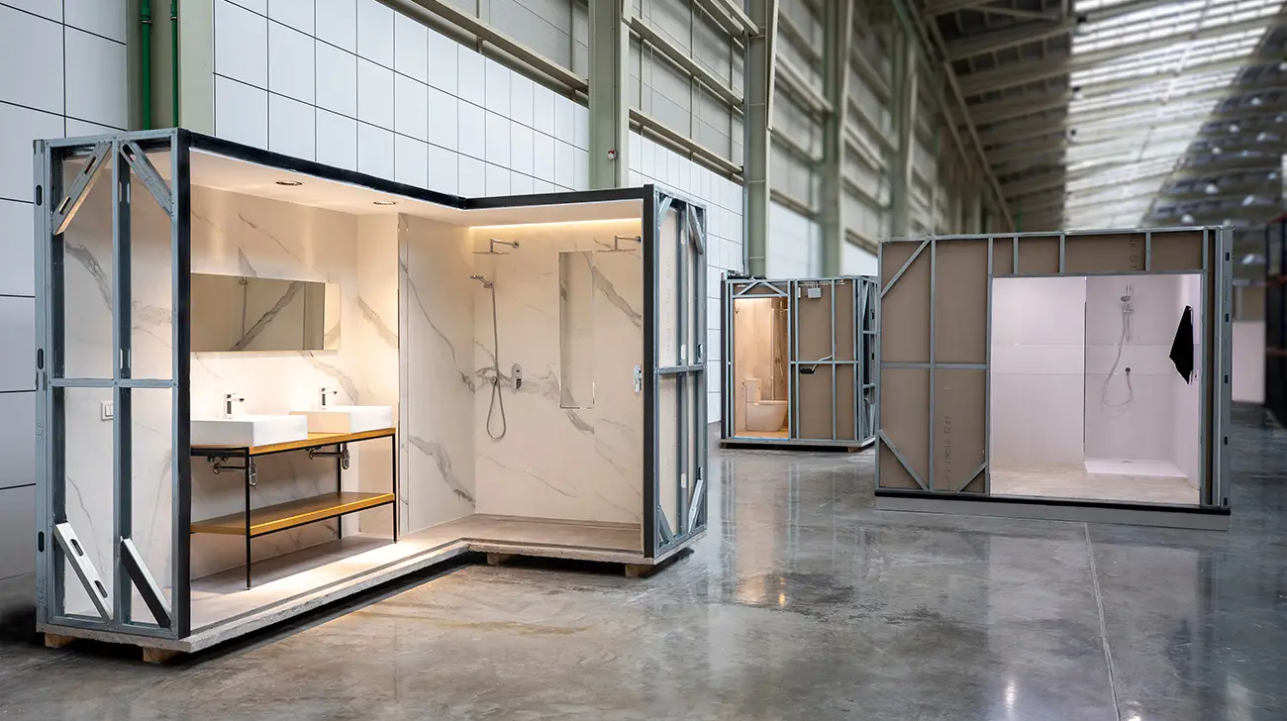We will use cookies to improve our services and remember your choice for future visits . Byclicking " Accept cookies " , you consent to the use of cookies for the pages bodor.com and thesub-pages .
More details can be found in our privacy policy.!
Prefabricated buildings are a flexible, convenient, and economical form of construction widely used for various temporary or permanent building needs. Whether it's a temporary office at a construction site, worker dormitories, disaster relief housing, exhibition halls, or commercial booths, prefabricated buildings offer a quick setup, disassembly, and mobility solution.

Among many materials, fiber cement board stands out as the ideal choice for constructing prefabricated buildings due to its superior properties compared to traditional metal panels. Here are the advantages of using fiber cement board:
Moisture Resistance: Fiber cement board has excellent moisture resistance and is not easily affected by humidity, maintaining its structural strength and stability in damp environments.
Durability: This material is extremely sturdy and durable, capable of withstanding long-term use and harsh environments without aging or corroding.
Sound Insulation: Fiber cement board offers good sound insulation, effectively blocking external noise and providing a quiet and comfortable living and working environment.
Thermal Insulation: With excellent thermal insulation properties, fiber cement board keeps interiors warm in winter and cool in summer, enhancing the comfort of living or working spaces.
Eco-Friendly: As a non-combustible material, fiber cement board meets modern green building standards, significantly reducing fire risk and containing no harmful substances, making it environmentally friendly.

Application Scenarios
Fiber cement board is widely used in the construction of various prefabricated buildings, including but not limited to the following scenarios:
- Temporary Construction Buildings: Such as offices, dormitories, canteens, and warehouses on construction sites.
- Disaster Relief and Reconstruction: Used for quickly setting up temporary housing after natural disasters.
- Temporary Commercial Facilities: Such as exhibition halls, sales booths, temporary stores, and catering service stations.
- Tourism and Resorts: For building quick, comfortable holiday cabins, camping sites, and service facilities.
- Temporary Education and Medical Buildings: Such as temporary classrooms, clinics, and medical offices.

In summary, fiber cement board demonstrates its superior performance and broad application prospects in the construction of prefabricated buildings, becoming an indispensable part of modern construction. Whether for temporary building needs or long-term use, fiber cement board provides high-quality, eco-friendly, and safe building solutions.


.jpg)
.jpg)